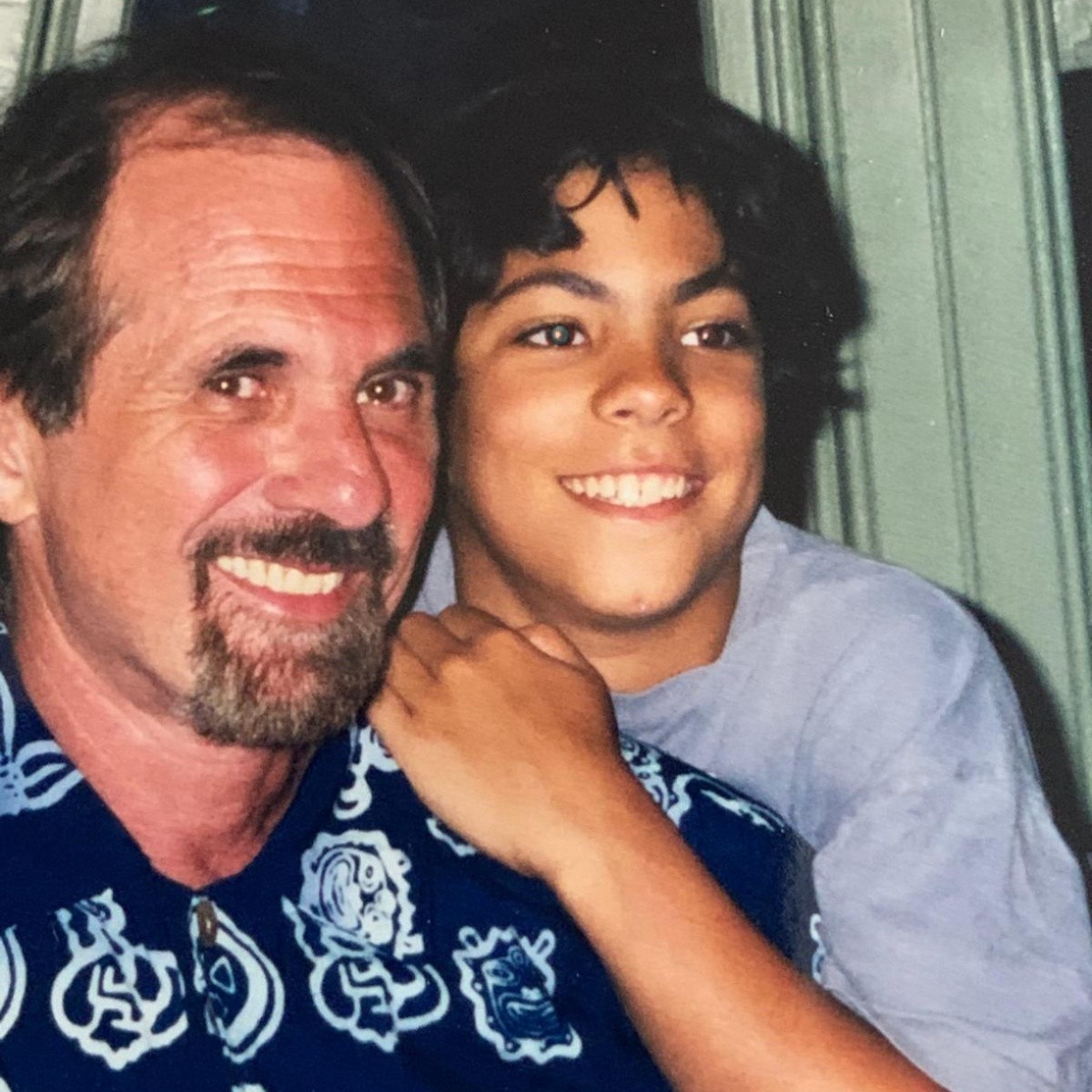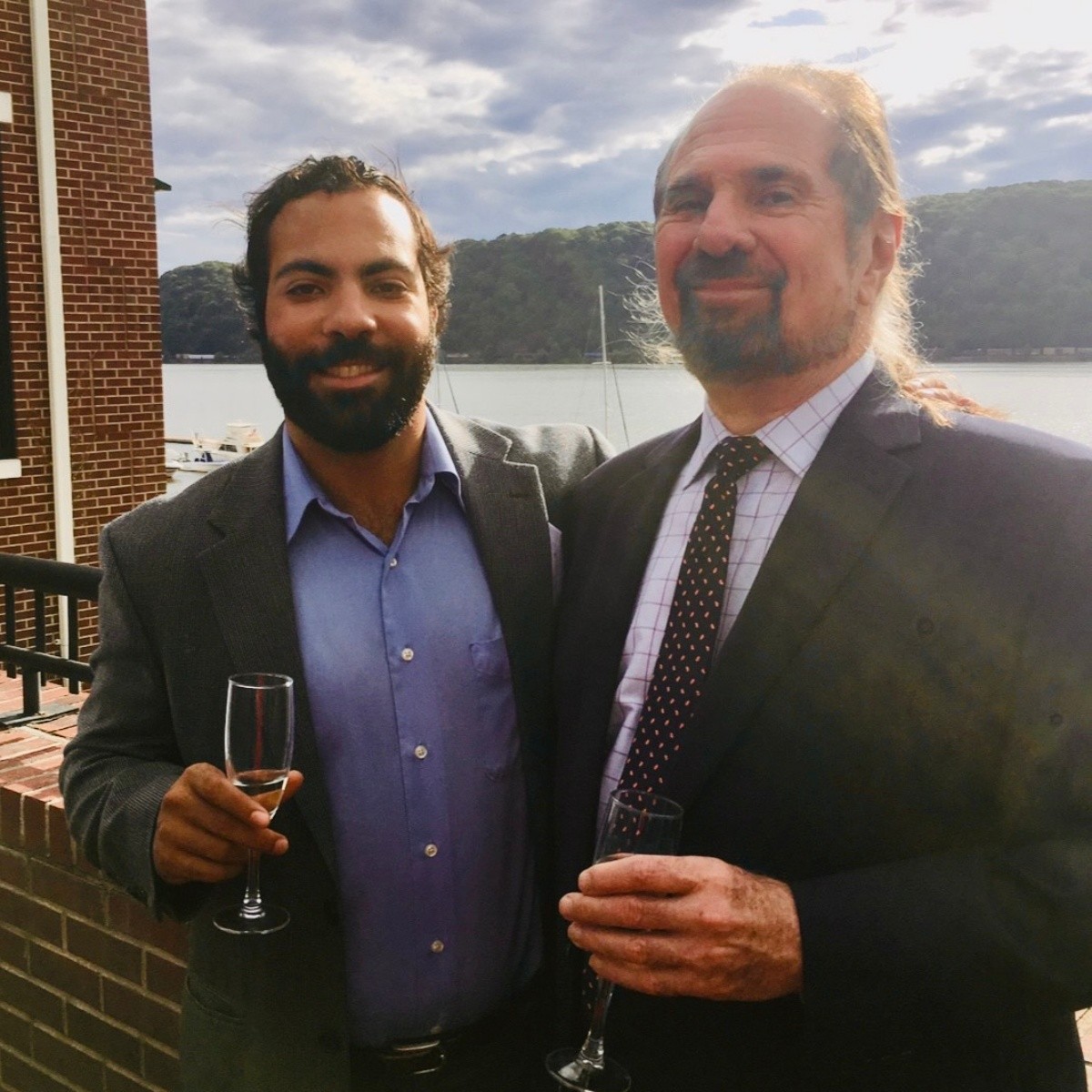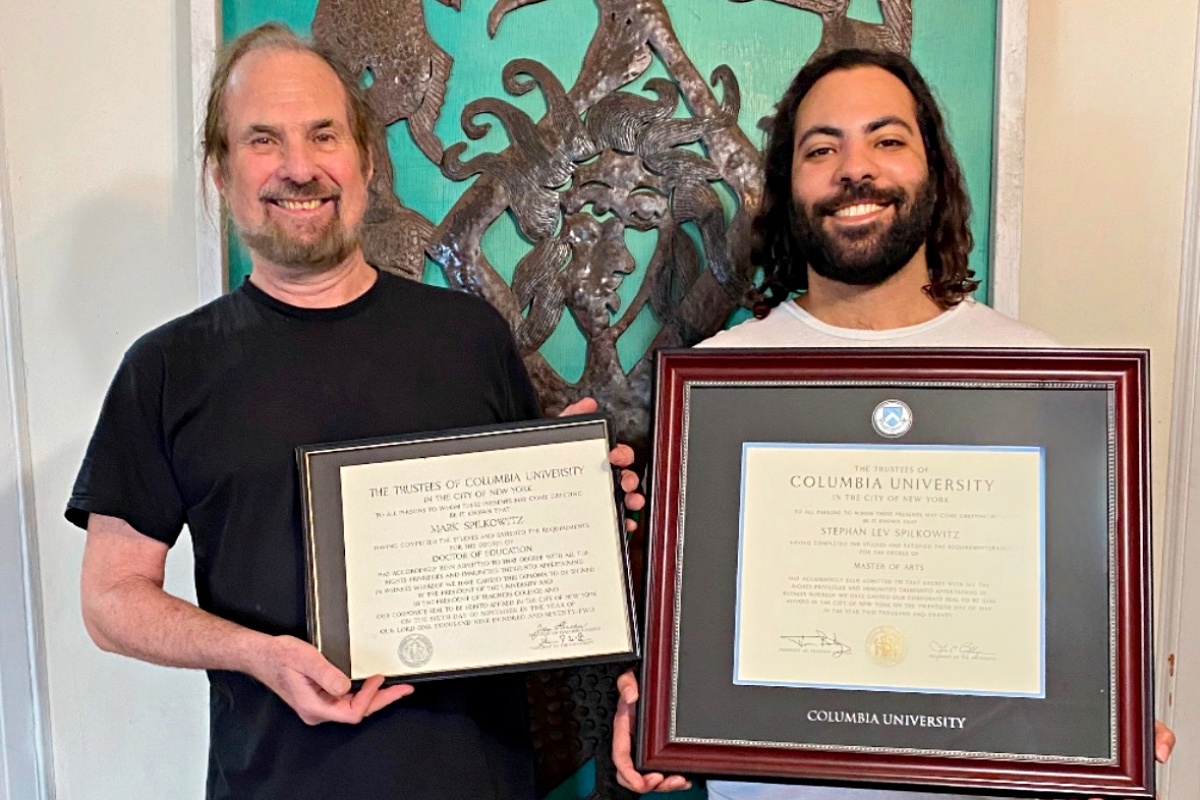By Stephan Spilkowitz (M.A. ’20, Social-Organizational Psychology)
As I waited for the school bus to take me to a new school for the start of fourth grade with a mix of anxiety, hesitation, and anger, my dad said something to me I’ve never forgotten: “Anyone can be taught anything. It’s just a matter of how.” He continued, “This new school will have smaller classes and teachers who will pay attention to you and the way you learn. I’ll be here at home to help you too, like always.”
This wasn’t just a statement. He truly believed that any person could be taught anything; the key variable was how. In fact, that was my dad’s dissertation focus when he earned his Ed.D. in International Educational Development from Teachers College, Columbia University in 1972 and officially became Dr. Mark Spilkowitz (though he rarely used the title he earned — not as a middle school teacher in Harlem, not while teaching elementary school in a rural Jamaican village through his time in the Peace Corps, or even as a professor of educational psychology at Rutgers).

(Photo courtesy of Spilkowitz)
[My father] truly believed that any person could be taught anything; the key variable was how.
He applied that same deeply held belief to me as I struggled immensely through my early elementary school years. A litany of school meetings, tutors, tests and endless hours of diligent one-on-one after-school study time with my dad ultimately yielded the realization that my dual diagnosis of ADHD and dyslexia posed a challenge to me tapping my full potential in a traditional school setting. So, despite the high cost of a private, special education school and finances being tight, he and my mother enrolled me at the Stephen Gaynor School, believing that there was no investment more important than the education of their children.

(Photo courtesy of Spilkowitz)
Fast-forward nearly 30 years and I’m proud to look back on those early scholastic struggles and what came after — graduating as the valedictorian of my high school, a B.A. in psychology from Cornell University, and an M.A. in social-organizational psychology and change leadership (XMA) from the place where my dad became an educator: Teachers College, Columbia University. While I know my special education teachers played a monumental role in my educational transformation, the key person to whom I owe the greatest gratitude is none other than my dad, Mark Spilkowitz. Even as I arrived at a new school better suited to my learning styles, he did not let up in providing me educational support through patient, engaging, and experiential learning. He expanded my interests in history through film and discussion, tapped my curiosity for science with at-home experiments, and initiated a fascination with people and cultures through international adventures. After I began to find success as a student he helped me to hone my research, writing, study, and critical thinking skills, right up to suggesting edits to my valedictory speech which at one time seemed firmly out of reach.
While not all teachers are fathers, all fathers are teachers.
Last summer while enjoying his hard-earned retirement years on the beaches of Bali, my dad Mark passed away suddenly from a heart attack. With nearly a year of grief and reflection having gone by, and with Father’s Day approaching, I now find myself feeling more grateful than ever for my personal teacher — my dad. He gave me all the things a father should: love, care, play, and a safe and supportive childhood. Though more than that, he gave me the gift of education with the diligence of both a dad and a teacher who would never give up on the young person they are entrusted to aid. While his life has come to a close, his impact on my life continues to resonate each day and was my motivation to follow in his footsteps at TC to be a driving force for the same type of transformative change which my dad made possible for me.
One of the most important lessons I’ve learned from my dad, especially that I am now a father myself, is that while not all teachers are fathers, all fathers are teachers. It is in those lessons learned through our fathers that we continue to receive the love, knowledge, and skills which help to guide us through life even beyond the end of life. Thank you, Daddio.
Spilkowitz is a social-organizational psychology professional with expertise in trauma and inequity. He is the Director of Engagement and Culture for Westchester Jewish Community Services, and serves as the Vice Chair on the Board of Directors for Groundwork Hudson Valley. In 2022, he was honored with Teachers College's Impact Spotlight.
Stay Connected
Get actionable solutions and bold expert insights for true change.
Straight to your inbox.
